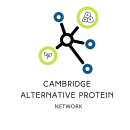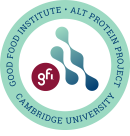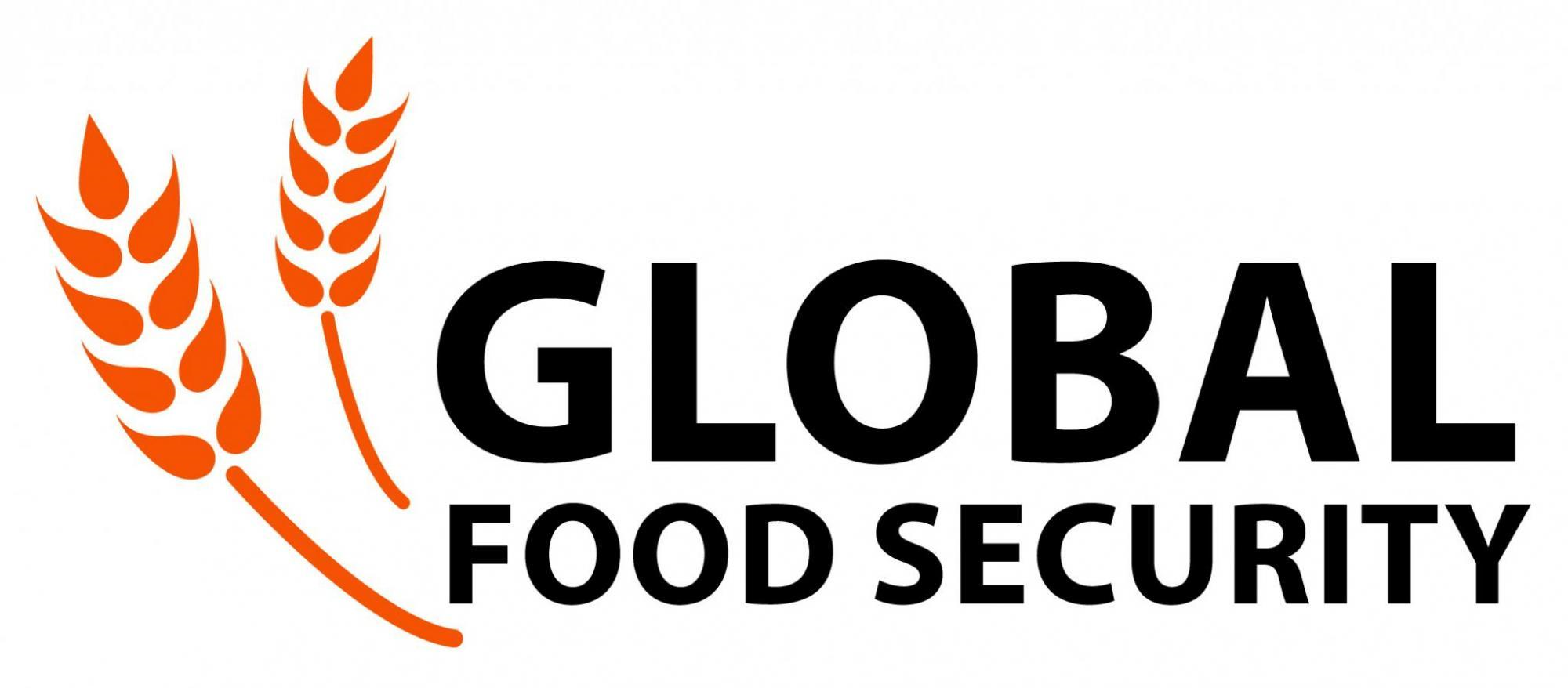
Photo by Towfiqu barbhuiya on Unsplash
The Cambridge Alternative Protein Network aims to promote interdisciplinary research on sustainable protein technologies for human consumption, facilitating a resilient, nutritious, and equitable transition away from animal agriculture.
THE CHALLENGE
Globally, meat consumption is the highest it has ever been, and is projected to double by 2050. Industrial animal agriculture is among the top global contributors to various pressing issues, including environmental degradation, climate change, unethical treatment of animals, and public health risks associated with antibiotic resistance and zoonotic diseases.
Alternative protein technologies, such as plant-based meat, cultivated meat, and fermentation, offer an opportunity to address the diverse consequences of our food system without necessitating widespread shifts in consumer behaviour.
THE NETWORK'S APPROACH
The Alternative Protein Network will prioritise research addressing the most critical scientific and societal challenges to widespread consumer adoption of animal product alternatives. It will pursue innovative and ambitious solutions to achieve cost and taste parity, alongside research to ensure these products beneficially impact society.
Alternative proteins encompass a vast, interdisciplinary domain, with numerous products potentially combining plant-based, fermentation, and cultivated meat technologies in hybrid forms. Moreover, technical advances need regulatory approval and consumer acceptance to make a transition towards sustainable protein sources possible. This network will emphasise interdisciplinarity, combining the natural and social sciences with world-class manufacturing expertise to foster academic collaborations across the University Schools.
THE NETWORK'S MISSION
To accelerate the transition to an alternative-protein-first food system which is:
Sustainable for the planet, prioritising production methods that minimise environmental harm by reducing greenhouse gas emissions, preserving natural resources, and mitigating pollution.
Healthy for consumers, ensuring products are nutritious and safe for human consumption, whilst minimising the risks of foodborne illnesses, antibiotic resistance, and other public health concerns arising from the current food system.
Humane to animals, prioritising animal welfare and ethical treatment, whilst minimising the use of animals in the human supply chain.
NETWORK PARTNERS
UK Partners: Cambridge Global Food Security IRC, University of Cambridge; The Good Food Institute Europe
“The University of Cambridge possesses all of the key ingredients necessary to become a world leader in sustainable proteins research and innovation, and this network demonstrates that there is now both the will and capacity to massively catalyse this potential. With increasing public funding for sustainable proteins R&D channelled through bodies such as UK Research and Innovation, this is an exciting time for Cambridge to join the global race to build a more sustainable, secure, and just food system.”
Seren Kell, Senior Science and Technology Manager, GFI Europe.
For further information please contact the Network Co-ordinators: Lisa Neidhardt and Will Saunter
More information about alternative protein initiatives in Cambridge can be found here.





